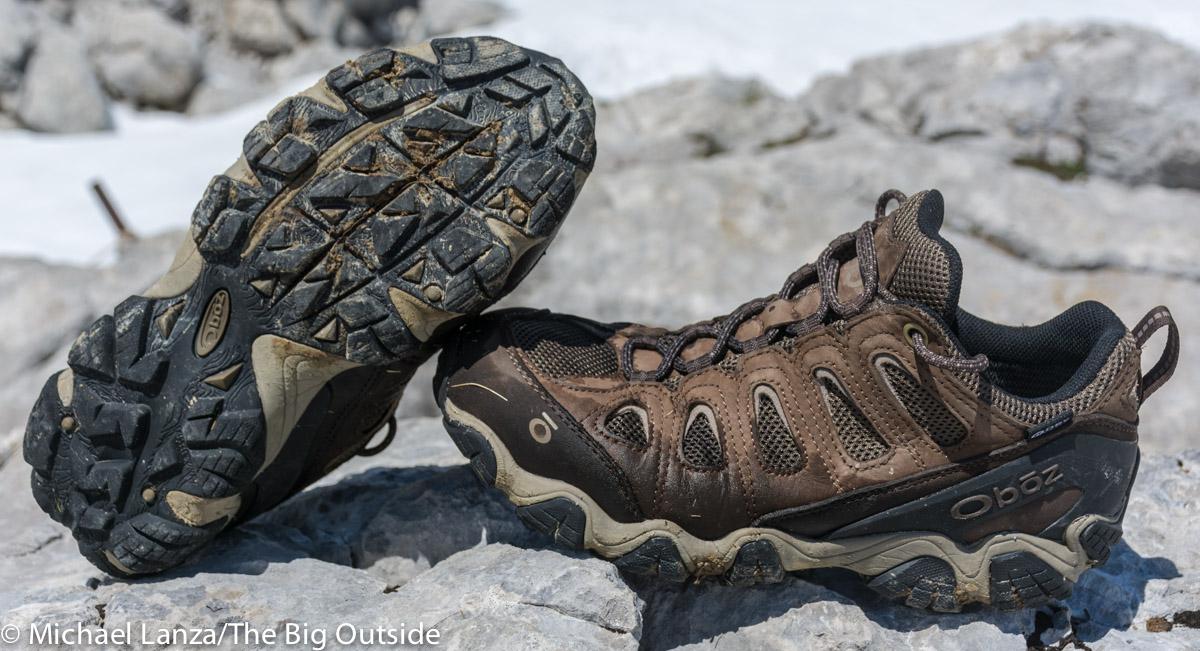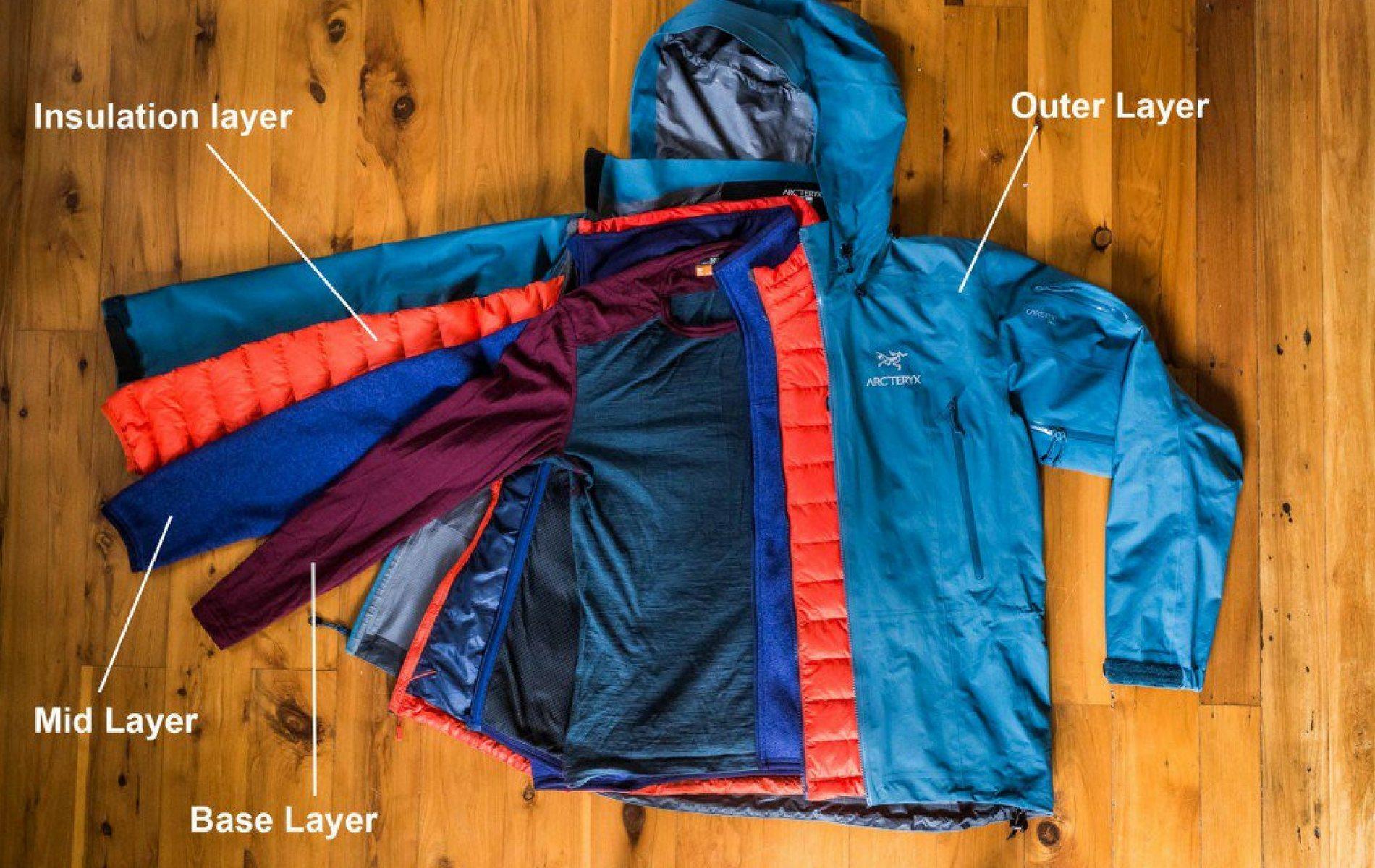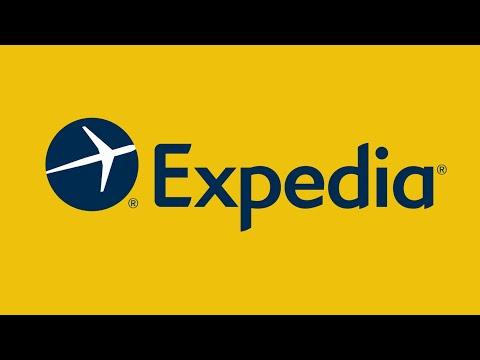in the bustling world of online travel booking, two giants ofen emerge in conversations surrounding profitability and partnership dynamics: Expedia and Booking.com. As travelers increasingly turn to digital platforms to curate their adventures, the underlying economics of these booking engines come into sharp focus. At the heart of this discussion is the stark contrast between Expedia’s 4.8% hotel commission and Booking.com’s revenue share model. But what do these figures really mean for hoteliers and the larger travel ecosystem? In this article, we delve into a real-world earnings comparison to illuminate how these distinct approaches impact hotel profitability, commission structures, and the potential ripple effects on the broader market. Join us as we navigate the intricacies of travel economics and uncover the implications of these leading platforms in the age of digital travel.
Understanding Expedia’s Hotel Commission Structure
When delving into Expedia’s commission structure, it’s crucial to appreciate how it aligns with industry norms while offering versatility to hotel partners. The 4.8% commission rate is structured to facilitate arrangements that cater to both large hotel chains and independent properties. This model enables hotels to maintain a degree of pricing autonomy while still benefiting from the platform’s extensive user reach. The advantages of this structure include:
- Competitive Pricing: Hotels can provide appealing rates that attract more bookings.
- Increased Visibility: With a lower commission, smaller establishments can promote themselves more aggressively without losing too much profit.
- Dynamic Marketing opportunities: Hotels can engage in targeted promotions that leverage Expedia’s user data.
In practice,the commission applied can vary depending on specific agreements and promotional strategies employed by the hotel. For example, certain partnerships might offer tiered commission rates based on performance metrics, thereby incentivizing hotels to optimize their listings. Below is a simple table illustrating potential commission outcomes based on different hotel performance levels:
| Performance Level | commission Rate | Average Earnings for a $100 Room |
|---|---|---|
| Standard | 4.8% | $95.20 |
| High Performance | 4.0% | $96.00 |
| Promotional Rate | 3.5% | $96.50 |

Exploring Booking.com’s Revenue Sharing Model
The revenue sharing model employed by Booking.com considerably differs from the traditional commission-based structure seen in platforms like Expedia. While Expedia takes a straightforward approach with its 4.8% hotel commission, Booking.com integrates a more flexible system that adapts to the unique needs of property owners.In this model, hotel partners can opt for variable commission rates, which often range from 10% to 20%, depending on various factors such as location, demand, and seasonality. This adaptability allows properties to strategize their pricing and promotions without being locked into a fixed percentage, thereby enhancing their overall profitability.
Moreover, the revenue sharing model fosters an surroundings of collaboration between Booking.com and hotel partners. The insights gained from data analytics empower hotels to optimize their marketing strategies. Here’s a brief look at how the two models compare:
| Feature | Booking.com Revenue Share | Expedia Commission |
|---|---|---|
| Flexibility | ✔️ Variable Rates | ❌ Fixed 4.8% |
| Dynamic Pricing | ✔️ Real-Time Data | ❌ Less Dynamic |
| Partner Collaboration | ✔️ Strong Focus | ❌ Minimal Interaction |

Comparative Analysis of Earnings Potential for Hoteliers
The comparison of commission structures between Expedia and Booking.com reveals notable insights into how these platforms impact the earnings of hoteliers. Expedia’s relatively low commission rate of 4.8% allows hotel owners to retain a larger portion of their revenue, potentially enhancing their profit margins.This lower rate may appeal to smaller establishments or independent hotels, seeking to maximize their returns. In contrast, Booking.com operates on a revenue share model that typically ranges from 15% to 20%, depending on the hotel’s agreement with the platform. This higher percentage often raises concerns about the overall profitability for hotel owners, especially for those in competitive markets where price sensitivity is a factor.
To better illustrate the impact of these commission structures on gross earnings, let’s consider a hypothetical scenario involving a hotel that generates $100,000 in bookings per year. Here’s a simple breakdown of potential earnings for each platform:
| Platform | Commission (%) | Earnings After Commission |
|---|---|---|
| Expedia | 4.8% | $95,200 |
| Booking.com | 15% | $85,000 |
From this comparative table, it is evident that hoteliers using Expedia retain $10,200 more annually than those who list on Booking.com. This discrepancy underscores the importance of evaluating not just the upfront costs of listings,but also the long-term financial implications that can influence operational decisions. Ultimately, the choice of platform can significantly affect a hotel’s financial strategy, reinforcing the need for hoteliers to align their distribution strategy with their unique business goals and market positioning.

Strategic Recommendations for Maximizing Profitability in Online Bookings
To enhance profitability in the competitive landscape of online bookings, businesses should adopt a multifaceted approach. By leveraging data analytics,companies can better understand customer behavior,allowing them to optimize pricing strategies and tailor marketing efforts. Establishing strong relationships with popular booking platforms, like Expedia and Booking.com, can lead to improved visibility and potential discounts on commission rates. Integrating dynamic pricing algorithms can also help adjust rates based on real-time market conditions, ensuring optimal revenue capture among fluctuating demand.
Moreover,effective cross-promotional strategies are essential for maximizing earnings.Consider partnering with local attractions or services to create exclusive packages that entice customers. Upselling additional services, such as breakfast or late check-out, during the booking process can significantly increase overall revenue. Implementing customer feedback mechanisms, through surveys or reviews, helps businesses fine-tune their offerings and enhance guest satisfaction, promoting repeat business. Establishing promotional campaigns tailored to peak booking seasons can also optimize occupancy rates,further boosting profitability.
insights and Conclusions
the contrasting commission structures of Expedia and Booking.com offer a fascinating lens through which to view the evolving landscape of hotel bookings. While Expedia’s 4.8% hotel commission may seem appealing for budget-conscious properties, Booking.com’s revenue share model presents its own unique advantages that could lead to greater visibility and reach. Ultimately, the decision on which platform to partner with boils down to the specific needs and goals of each hotelier.By weighing the pros and cons of each model in light of real-world earnings, hotel managers can make informed choices that align with their business strategies. As the digital travel market continues to innovate and adapt, staying informed about these dynamics will be crucial for maximizing potential earnings and thriving in a competitive environment.














Leave feedback about this